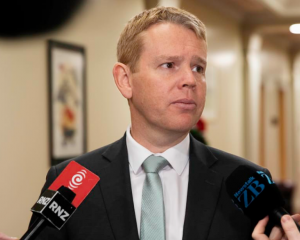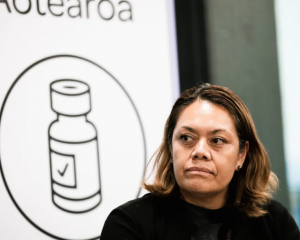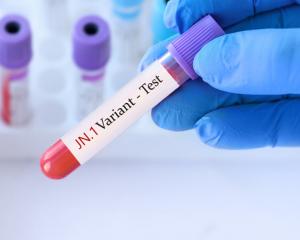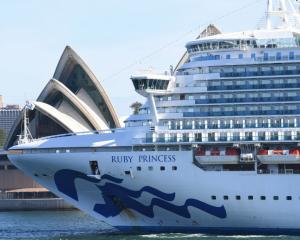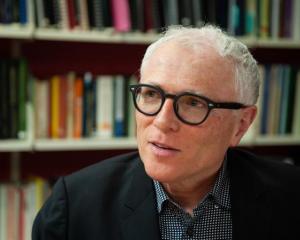
However, several fear the cost of buying time to counter spread of the virus through imposition of heavy restrictions is getting hard to justify.
What they are united about is the call to get vaccination rates as high as possible, imminently.
Dunedin Mayor Aaron Hawkins said a stronger border between the North and South Islands was worth exploring.
"We can’t hermetically seal ourselves off, of course, but greater restrictions would allow us more of a head start in the race we’re now in between the virus and the vaccine," he said.
"This could only be good news for our public health system, and the health and wellbeing of our communities, but would have to be weighed up against the cost of stopping travellers in both directions."
Gore Mayor Tracy Hicks said the practicality of a bolstered Cook Strait border should be considered.
Getting vaccination rates up remained the highest priority, he said.
Waitaki Mayor Gary Kircher said the cost of keeping the virus out of the South Island a bit longer could be worth it.
"The challenge is, can we create a hard border that is going to be effective?"
However, Queenstown Chamber of Commerce chief executive Ruth Stokes said patience was wearing thin and the Government had already had plenty of time to prepare for the impact of the Delta variant of Covid-19.
Dunedin businessman Sir Ian Taylor said it was time to move on from a siege mentality and the Government could not continue to have a one-dimensional approach tilted towards lockdowns.
A huge discussion was needed about ways to operate amid the virus.
Queenstown-Lakes Mayor Jim Boult did not support a separate approach for the South Island.
"The economy will wither and die if we carry on with an isolation strategy," he said.
University of Otago epidemiologist Tony Blakely, who lives in Melbourne, said a strengthened Cook Strait border was feasible.
The South Island could benefit from doing what was necessary to reduce the risks of the virus getting through.
"The South Island still has that opportunity to keep it out a bit longer," he said.
Otago epidemiologist Prof Nick Wilson told Radio New Zealand a South Island border was a no-brainer.
"It would only be open to double-vaxxed essential workers, such as truck drivers and then only if they'd had a negative PCR test and were again checked at the border using a rapid antigen test.
"That is what's happening in some of the interstate borders in Australia. And it's worked."
Southland Mayor Gary Tong said it would be great to get the South Island fully vaccinated before the Delta variant’s arrival.
Both Central Otago Mayor Tim Cadogan and Clutha Mayor Bryan Cadogan were unsure buying more time served much of a purpose.
Borders between regions had been a favoured approach, but vaccination enabled a border around individuals against the virus, Tim Cadogan said.
"We don’t move ahead as a nation until we vaccinate," Bryan Cadogan said.
Transporting New Zealand chief executive Nick Leggett said cutting off the North Island would present challenges to an already severely strained supply chain.
"The entire business community awaits clarity from the Government on its plan for the country in the weeks, months and years ahead," he said.
The road freight transport industry adjusted well to the border around Auckland, but it was a drain on police resources.
"At some point there has to be a realistic look at threat versus measures taken to mitigate that threat.
"It is time for pragmatic solutions over fear and hysteria."





